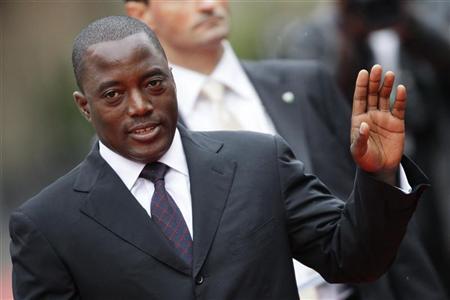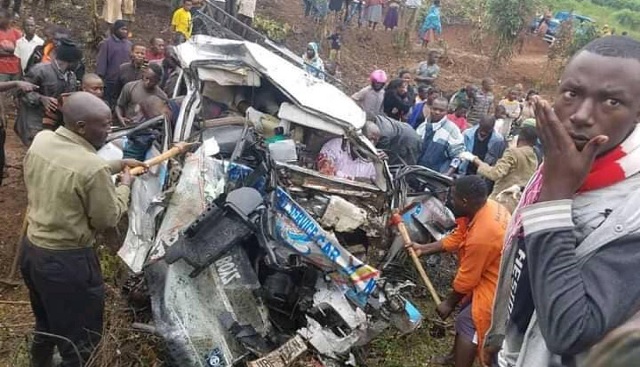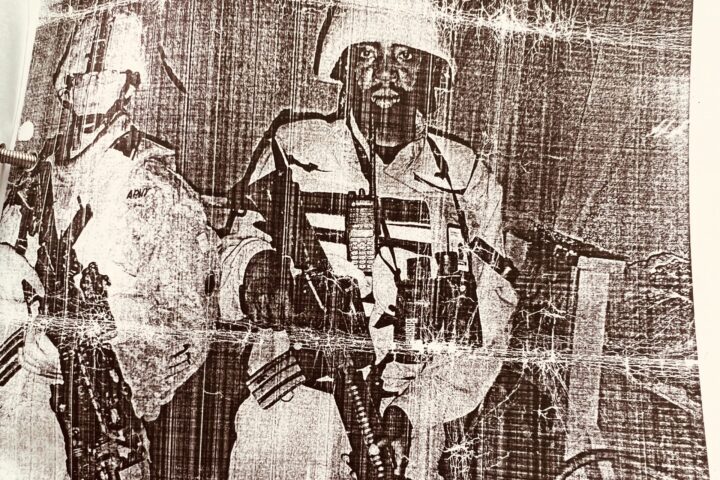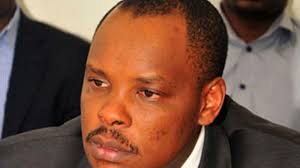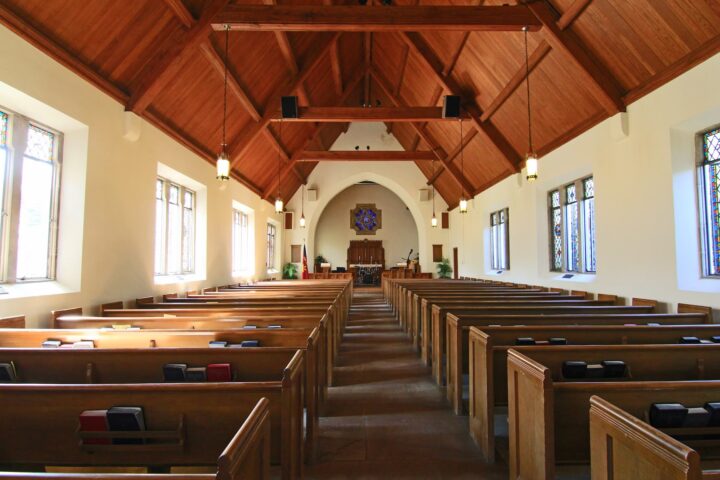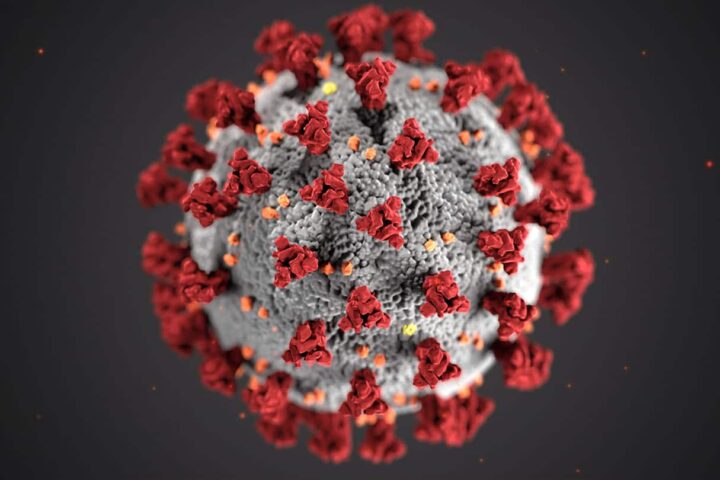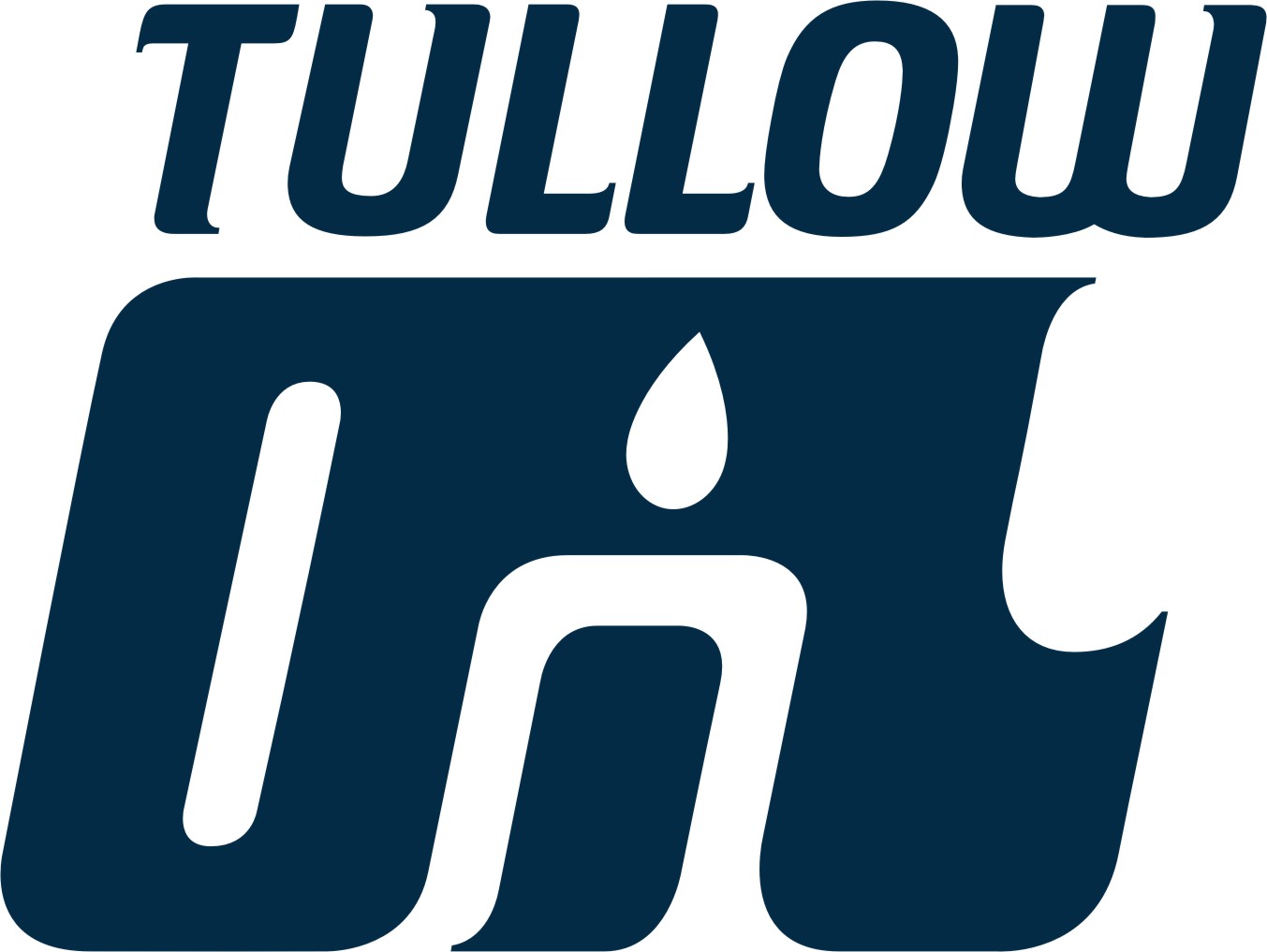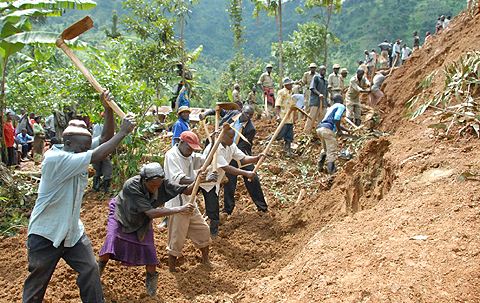President Yoweri Museveni and his Congolese counterpart Joseph Kabila are talking about the crisis in Eastern Congo according to the Ugandan Prime Minister Amama Mbabazi. This revelation was made by Mr. Mbabazi on Saturday afternoon at the second “tweetup” a techie “ask the prime minister” hang out which publishes a Q&A under the hash tag ” #AskthePM”. I attended the tweetup for the second time around and led the questioning on foreign policy issues. The hour and half covered amongst others Uganda’s relations in the region. Mr. Mbabazi was spoke candidly about the challenges that had arisen from the current tensions in the Congo where Uganda keeps a wary eye on both the Allied Democratic Front and the Lords Resistance Army.
The border region also buttresses shared oil fields. I pressed him on a little discussed but hugely important joint exploration and production agreement that Mr. Museveni signed with the late Congolese leader Mobutu Ssese Seko in 1993. ” Our intention was to work together but things did not work out” he said about the agreement. In 2008, the same framework was revisited the last time real tensions arose over oil issues in the Albertine Graben. Mr. Mbabazi said Uganda’s petroleum program had advanced but that the Kampala administration was willing to work with Kinshasa on its program.
The current tensions in the Congo he said were unrelated to the 2005 International Court of Justice ruling in which Uganda was facing billions in damages. ” We are still talking and we need more time in my opinion” he said in response to a tweeted question about the “plunder of congo” that ended up before the court.
Mr. Mbabazi, a past minister for regional affairs, one time head of Uganda’s external security organisation who also held the portfolios of defense said he spoke with authority and experience having chaired the Lusaka Accords of the 90’s which negotiated an end to the Congo’s wars.
Mr. Mbabazi said Mr. Museveni had phoned and spoken to Kabila and that Uganda had taken the view that dialogue would be the way to resolve the tension created by the rebel outfit M23. “Uganda is totally impartial” he said. He added that in his view most Congolese wanted to remain in a united country when asked about the whiff of secession rumors associated with M23. He also said Ugandan troop deployments at the border were cautionary and ruled out taking sides in the melee.
” We are not involved ( militarily)” he said adding that the situation in the Kivu’s was “localised”.
“@AmamaMbabazi says, “We recognise the sovereign integrity of the Democratic Republic of the Congo”#AskthePM“
On Uganda’s overall foreign policy however he said the country sought stability first and desired political integration. Uganda’s role in Congo has remained in the spotlight in the current tensions. The country holds the chair of the Great Lakes Conference on Peace and Security which has urged dialogue but deep suspicion remains against it. Uganda has an unofficial policy of backing Rwanda whenever the latter’s security is threatened however this is interpreted which adds to the baggage the two countries have with their giant neighbor. According to the Prime Minister aside from a serious refugee problem the tensions in Congo were affecting regional trade. I do not have the half year numbers yet but promise to publish them when I get them.
Uganda’s “foreign policy” is not a common subject in public debate despite the country’s history of “participation” in regional conflicts both at the board room and in the battle field. Its worth debating however. Over to you.

